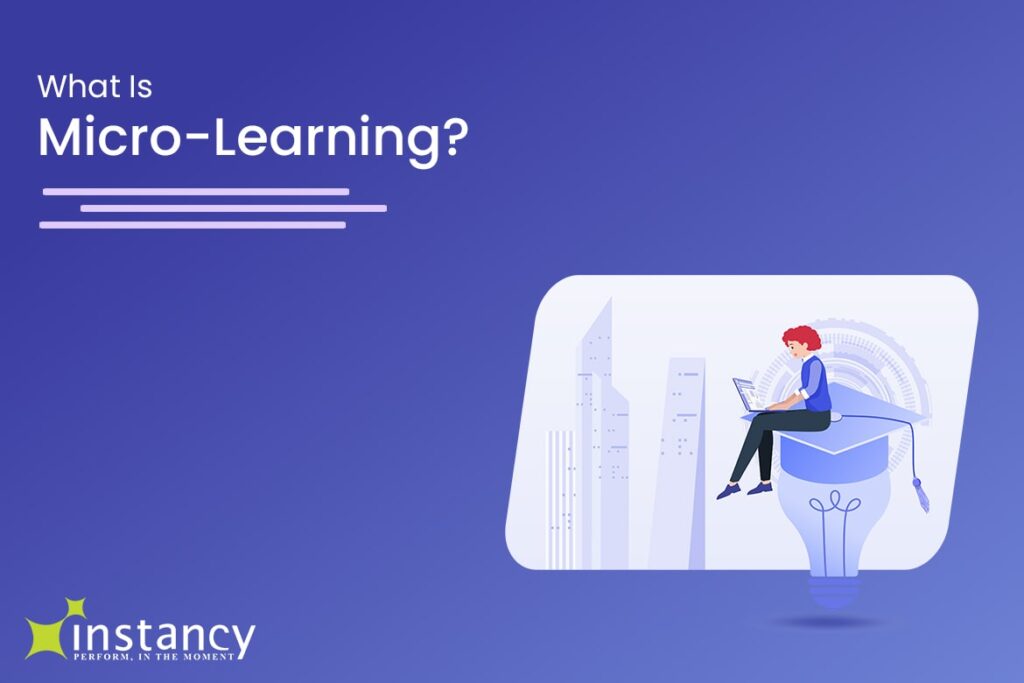Microlearning is one of the latest trends in teaching and training spaces. It involves the creation of bite-sized training material that can be understood in a very short time. Microlearning is essentially a means of exposing learners to small chunks of content that they can access whenever they feel like. Let’s take a look at some of the benefits that it affords its developers and users.
Benefits of Microlearning
Some of the reasons why microlearning is gaining immense popularity in the last few years is due to the following:
1. Pocket-Friendly: Microlearning courses require fewer resources, fewer instructors and can be developed without specialized tools. This makes it cheaper to develop and thus, more affordable.
2. It Is Very Engaging: Microlearning can be very engaging as its brevity eliminates the fatigue factor. Its ease of training makes microlearning very engaging for learners who can avoid the rigours of “studying” while learning new things in an enjoyable way.
3. Increased Knowledge Retention: Microlearning courses are designed to handle one learning objective at a time. It even gets better with the fact that these courses can be taught via visuals and other forms that make the content easy to remember. Learners are also able to repeatedly study them at their convenience so they will remember more things.
4. Easily Applied: The content of microlearning modules is quite easy to apply in workplace situations because learners have no problem with memory retention. Issues like memory drop are minimized, especially as the courses can easily be refreshed at any location or point in time. This means that the concepts being taught stay fresh in the memory and are easily applied to the job.
5. Easy To develop and deploy: Microlearning courses take little or no time to be developed and deployed. This benefit allows organizations to update the training of their employees on the fly as often as they deem necessary.
How To Design Α Good Microlearning Experience
To design a good microlearning course, you need to follow these steps:
Analyze the learning content: This is done to assess the content to determine how the possibility of conversion and the potential to meet the learning objectives.
Divide the learning content: The rationale behind dividing and grouping the learning content is to break the objectives of the training into small, easily understood chunks of knowledge. This serves to ensure that each unit covers one learning objective at the time.
Let the design be focused on the learner: Let the modules be designed in such a way that the learners have no issues grasping what is being imparted. Ensure that only the most valuable content is included in courses that are designed for smartphones. You are allowed to design your modules to take any of the following forms:Infographics and interactive infographics
1. Infomercials
2. Shorter interactive videos
3. Scenarios
4. Games/mini-games/quizzes
5. Simulations
6. Podcasts
7. Animations
8. 3D models
9. Blogs
10. Slideshows
Finally, one of the gifts of digitization to the world of education is microlearning. Using this teaching methodology, teachers can impart more knowledge in less time to their students.
Click here to learn more about how to build a learning object repository.




